December 5, 2020
In recent years, recovery has become a sports and fitness buzzword. If you work out, or compete at any level, you know what it's like to be bombarded with the latest recovery products and services—from drinks and shakes to compression sleeves, foam rollers, electrical muscle stimulators, and sleep trackers.
My guest on today's podcast, science writer and author of the new book Good to Go: What the Athlete in All of Us Can Learn from the Strange Science of Recovery is named Christie Aschwanden.
In her book, and on this podcast, she takes you on an entertaining and enlightening tour through this strange world. She investigates whether drinking Gatorade or beer after training helps or hinders performance; she examines the latest trends among athletes, from NFL star Tom Brady’s infrared pajamas to gymnast Simone Biles’ pneumatic compression boots to swimmer Michael Phelps’ “cupping” ritual; and she tests some of the most controversial methods herself, including cryochambers, float tanks, and infrared saunas.
At a time when the latest recovery products and services promise so much, Christie seeks answers to the fundamental question: Do any of these things actually help the body recover and achieve peak performance? Christie is an Ideas columnist at Wired and writes the Test Gym column at Elemental. She is the former lead science writer at FiveThirtyEight and was previously a health columnist for The Washington Post. Christie is a frequent contributor to The New York Times. She’s also been a contributing editor for Runner’s World and a contributing writer for Bicycling. Her work appears in dozens of publications, including Discover, Slate, Consumer Reports, New Scientist, More, Men’s Journal, Mother Jones, NPR.org, Scientific American, Science News, Smithsonian, and O—the Oprah Magazine.
Christie is the recipient of a 2014/2015 Santa Fe Institute Journalism Fellowship In Complexity Science and was a 2013/2014 Carter Center Fellow. Christie received a grant from the Pulitzer Center for Crisis Reporting in 2007 to travel to Vietnam and report on the legacy of Agent Orange. Her television report on Agent Orange, created in collaboration with producer George Lerner, appeared on the PBS program Foreign Exchange with Fareed Zakaria in June 2007. Her New York Times article about an Agent Orange remediation project in Vietnam’s central highlands was awarded the 2008 Arlene Award for articles that make a difference.
Other honors she’s received include:
- National Magazine Award finalist
- Best Article Award
- Outstanding Essay Award from the American Society of Journalists and Authors
- Honorable Mention for print journalism from the American Institute of Biological Sciences
- Science in Society Award for Commentary/Opinion from the National Association of Science Writers
- Sigma Delta Chi Award for Public Service in Magazine Journalism from the Society for Professional Journalists
- AAAS/Kavli Science Journalism Award
- Information is Beautiful Award
- Two-time finalist for the NIHCM Foundation Health Care Digital Media Award
- Finalist for the 2020 Colorado Book Award for Good To Go
A frequent speaker at writer’s workshops and journalism conferences, Christie is the founder of the Creative Convergence freelance writing workshops, which she developed with funding from the National Association of Science Writers. She has taught at the Santa Fe ScienceWriting Workshop, the Boulder Magazine Writer’s Conference, the Telluride Writer’s Guild, and the Northern California Science Writers Association professional workshop series.
A lifetime athlete, Christie has raced in Europe and North America on the Team Rossignol Nordic ski racing squad. She lives with her husband and numerous animals on a small winery and farm in western Colorado. (Read more about how she found her place in this Oprah Magazine essay.) In her spare time, she enjoys trail running, bicycling, skiing, reading novels, digging in the garden, and raising heritage poultry. Christie blogs about science at Last Word On Nothing. Find her on Twitter @CragCrest.
During this discussion, you'll discover:
-How a beer study jumpstarted Christie's book…05:55
- Scientific problems cannot be solved or answered easily
- The beer flows freely in Western Colorado
- The little research done on the effects of alcohol on human physiology is on rugby players, who are typically heavy drinkers
- Thesis: Does drinking beer after a hard workout affect recovery?
- Defining and measuring “recovery” was a challenge
- Run to exhaustion test
- Deplete glycogen
- Rating of perceived exhaustion (RPE)
- Pasta dinner and a beer immediately after the workout
- Repeat run to exhaustion test the next morning
- Two different conditions: Fat Tire beer (heavy alcohol vol.) and a “placebo” beer
- Ten people in the study: 5 men, 5 women
- The results were ultimately unreliable due to the low sample size, varying conditions, small timeframe, etc.
- Journal of Strength and Conditioning Research
- Alcohol: impact on sports performance and recovery in male athletes
- The Do's and Don’ts of Drinking After Exercise
-Why tests on human physiology need to be viewed with a grain of salt…18:20
- Sports Science Is Finally Talking About Its Methodology Problems
- Sampling error: Small studies may not be representative of the population you're studying
- Beer study participants were given an arbitrary “time to beat”; affected when they would report feeling exhaustion
- Familiarity with the protocol affects performance
- Beer study is one snippet of evidence; need a comprehensive approach to determine causation, correlation, etc.
- The conditions of a study may not be relevant to the mainstream
- Perceived exertion vs exhaustion in the beer study
-Why studies of sports drinks are oftentimes problematic…28:25
- Podcasts with Tim Noakes
- Athletes in a fasted state will of course respond to calories in a sports drink differently than water
- Big corporations set the research agenda to skew their objectives
- Hydration is not as important as sports drink companies tell us
- No examples of death by dehydration during athletic competition
- Causes are heat exhaustion, heatstroke; dehydration may be associated with these causes but it is not the most important factor
- Some die during marathons because they drink too much, on a schedule, etc.
- The most important skill an athlete can develop is knowing how to read their own body
-Why cold therapy actually hinders exercise recovery…37:30
- Placebos are more potent if they're more unpleasant
- Cold and icing slows down the recovery process
- Purpose of icing for recovery (in theory): Blunt inflammation induced by exercise
- Blood circulation is slowed down in the cold
- Inflammation isn't always to be avoided; can help repair damage that occurs during training
- The time of the cold therapy in relation to the workout plays a factor in its efficacy toward recovery
- Timing is important
- Modality is important
- Cryotherapy isn't as cold as an ice bath (use code BENFORGE to save $150)
-The importance of placebos for exercise recovery…47:25
- Cryotherapy gives an adrenaline rush
- Anything that can make you feel better can be useful
- Sometimes we focus on certain things when the benefit may be something else
- Subjective nature of the efficacy of a treatment
- Anything that can make you feel better can be useful
- Compression recovery boots
- Many recovery methods are focused on relaxing
- Houston airport rerouted people to get their bags; took longer to get there and thus eliminated a lot of the complaints about waiting for luggage
- Marketing and profit-seeking exaggerates the efficacy of certain modalities
- Our bodies are more adaptable than we give them credit for
- A need to “optimize” our bodies may be more of a distraction than a legitimate recovery method
-Expensive sports bars vs. utilizing wisdom in the food we eat…55:20
- Study similar to the beer study involving food
- No difference in recovery when eating McDonald's vs. designer sports bars
- Too much emphasis on the specifics of nutrition
- The source of nutrients isn't as important as simply getting them
- Added stress of worrying about getting the “proper” nutrition
- Convenience factor with packaged foods vs. “real” food
-Whether or not massage actually assists with exercise recovery…1:03:20
- Beware of claims of reducing lactic acid
- If it works for you, do it
- Relying solely on numbers, data, etc. opens up the possibility of being sold snake oil
-The most potent (and overlooked) recovery tool known to science…1:06:35
- Prioritizing sleep
- Set aside some time of the day for relaxation
-And much more!
Click here for the full written transcript of this podcast episode.
Resources from this episode:
- Good to Go: What the Athlete in All of Us Can Learn from the Strange Science of Recovery
- Last Word on Nothing
- Test Gym
- Wired
– Podcasts and articles:
- The Death of Gatorade – Should You Stop Using Electrolytes During Exercise? with Tim Noakes.
- How You’re Being Manipulated By The Sports Drink Industry And What You Can Do About It with Tim Noakes.
- Alcohol: impact on sports performance and recovery in male athletes
- The Do’s and Don’ts of Drinking After Exercise
- Sports Science Is Finally Talking About Its Methodology Problems
– Other resources:
- Morozko Forge (use code BENFORGE to save $150)
- Normatec Compression Recovery Boots
- HBOT (mention BEN to save $250)
- Ben Recommends Page
Episode sponsors:
–Kion Aminos: Building blocks for muscle recovery, reduced cravings, better cognition, immunity, and more. BGF listeners save 10% off your first order at Kion with code BEN10.
–Organifi Glow: A plant-based beverage that helps support the body’s natural ability to produce collagen, smooth fine lines and wrinkles, and protect the skin from sun exposure and toxins. Receive a 20% discount on your entire order when you use discount code BENG20.
–Paleo Valley Beef Sticks: 100% grass-fed AND grass-finished. Keto friendly and higher levels of Omega-3 Fatty Acids. Receive a 15% discount off your order when you use my link.
–Clearlight Saunas: You can be sure that I researched all the saunas before I bought mine and Clearlight was the one that stood out from all the rest because of their EMF and ELF Shielding and their Lifetime Warranty. Mention BEN GREENFIELD and you’ll receive an extra discount on your purchase.

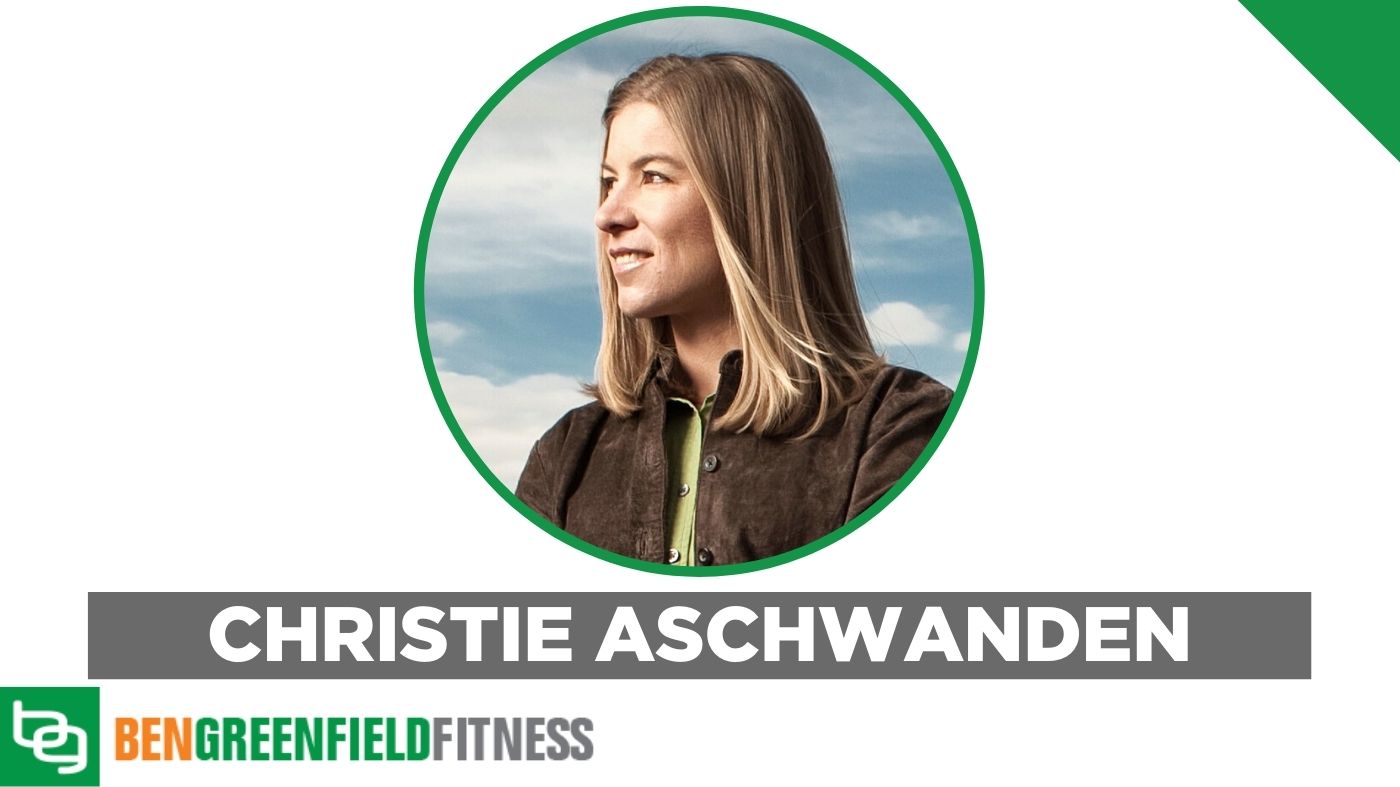
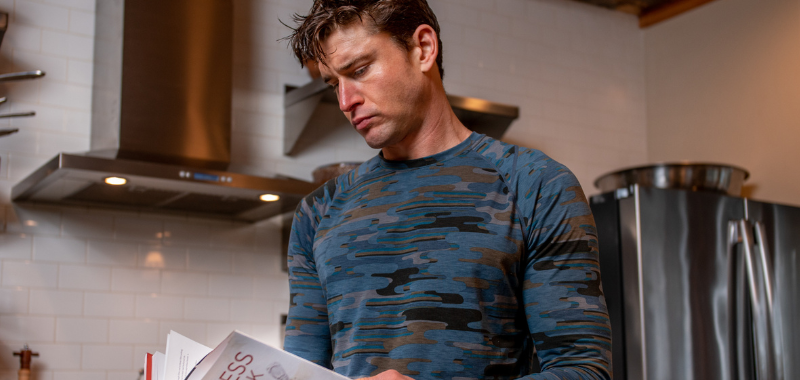
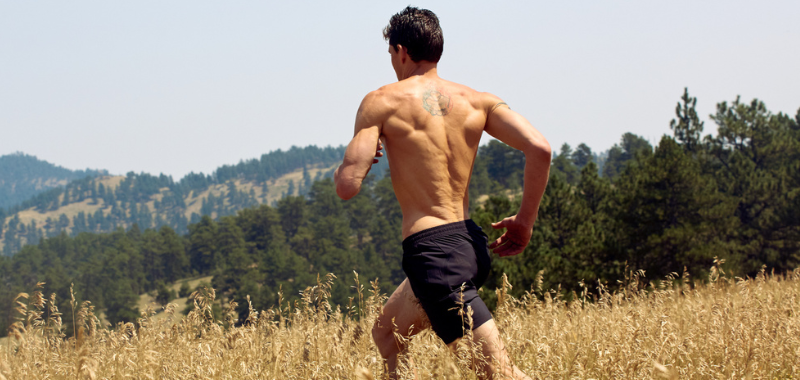
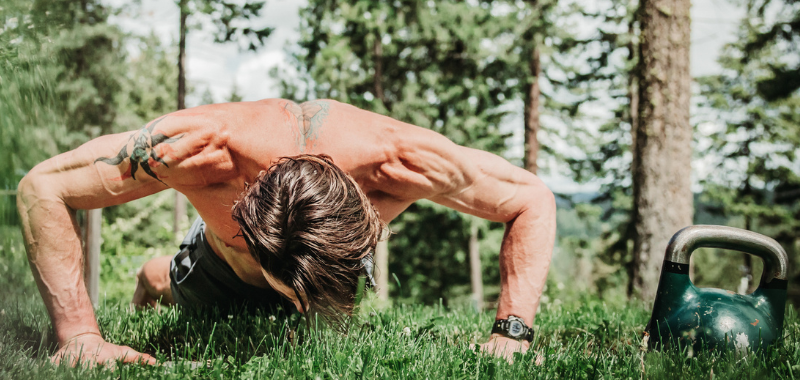
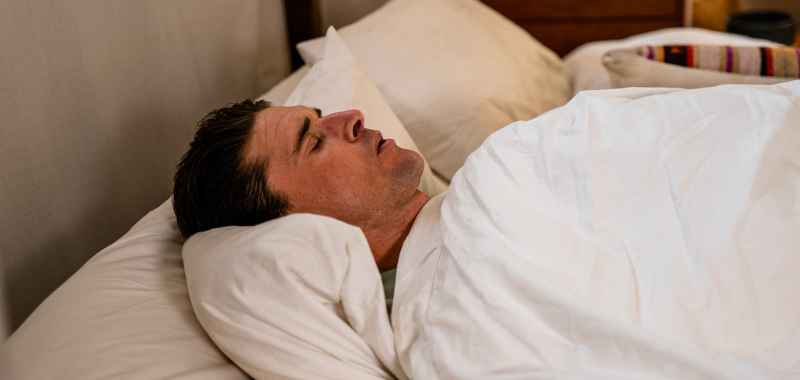
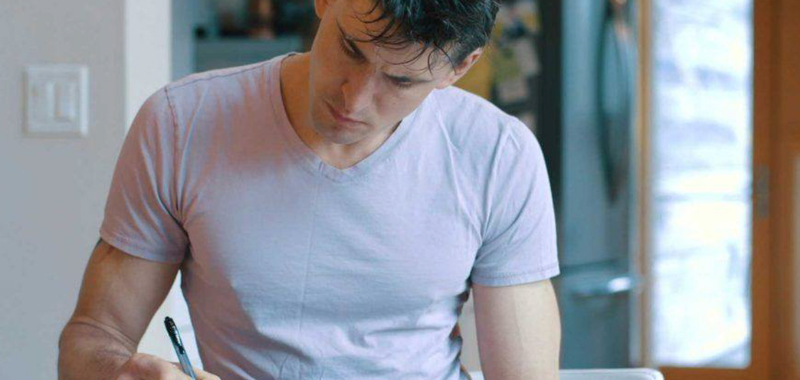




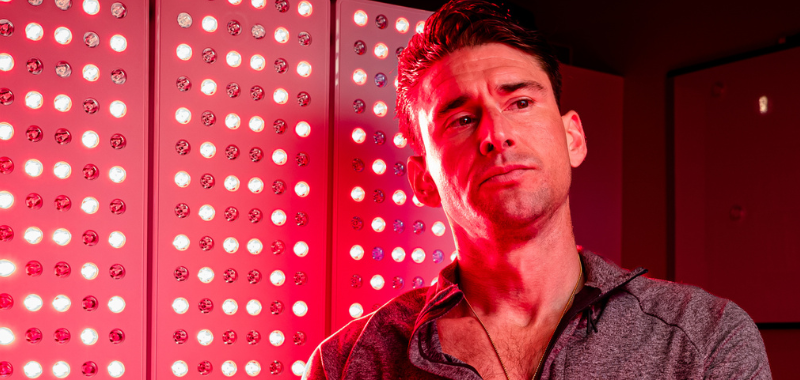
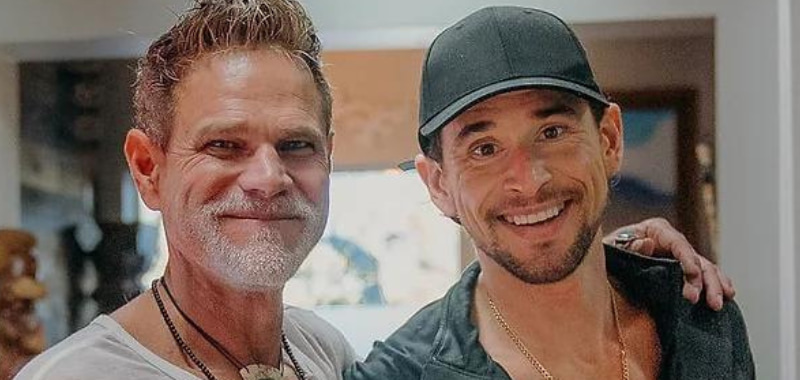

Compression boots no good??? Moreover, this episode seems to undermine everything else you post or the entire bio-hacker reason to exist. Or am I missing something?
Really disliked this episode. Breakfast cereals are fortified therefore you don’t need to worry about micronutrients?!?!?
Also spending 30 minutes on beer is dumb.
Seemed like the perspective of a yoga teacher – in other words, irritatingly weak and blasé towards everything. “Relax! Love yourself! Don’t stress!”
Has this woman ever won anything? Does she even lift?
Ben, Christie, thanks for the podcast. I am especially interested in the topic of cold/cryotherapy and recovery. Ben, you mentioned that you gave a 2 hour presentation on this topic and you would like to send it to Christie. Could you please put them into the shownotes or send them to me as well. Thank you and many greetings from Germany
so she spent 30 minutes to say that beer doesn’t really impair recovery which she could have said in one sentence!
In other words- some things don’t really work, and some things do. But we can’t say for sure which is which.
Do what works- vague.
We can all safely agree sleep is good. That’s really a bold statement – not.
Nyt, wa post, cnn, Oprah( the main funder to Stacey mail in fake ballots Abrams)
Is there any major fake news outlet this women hasn’t worked for?